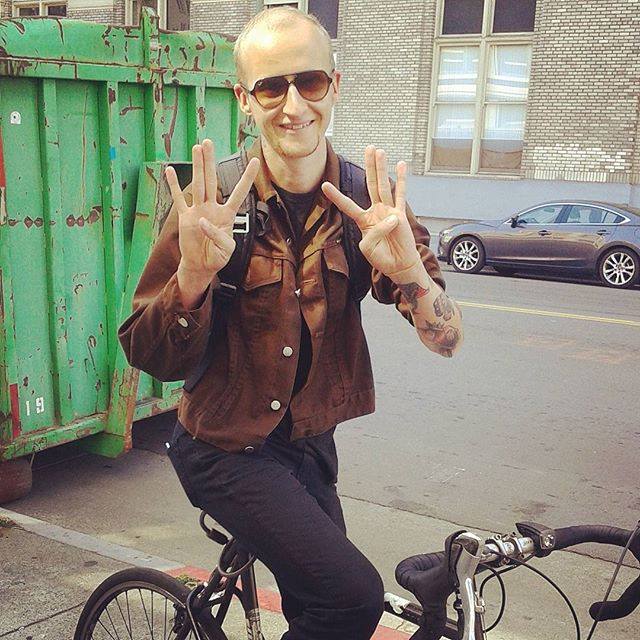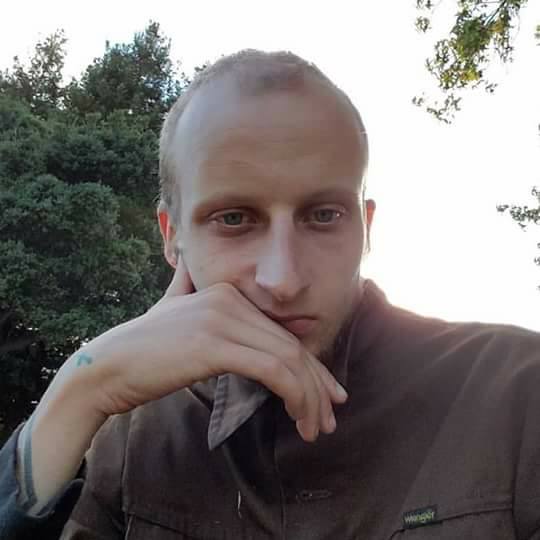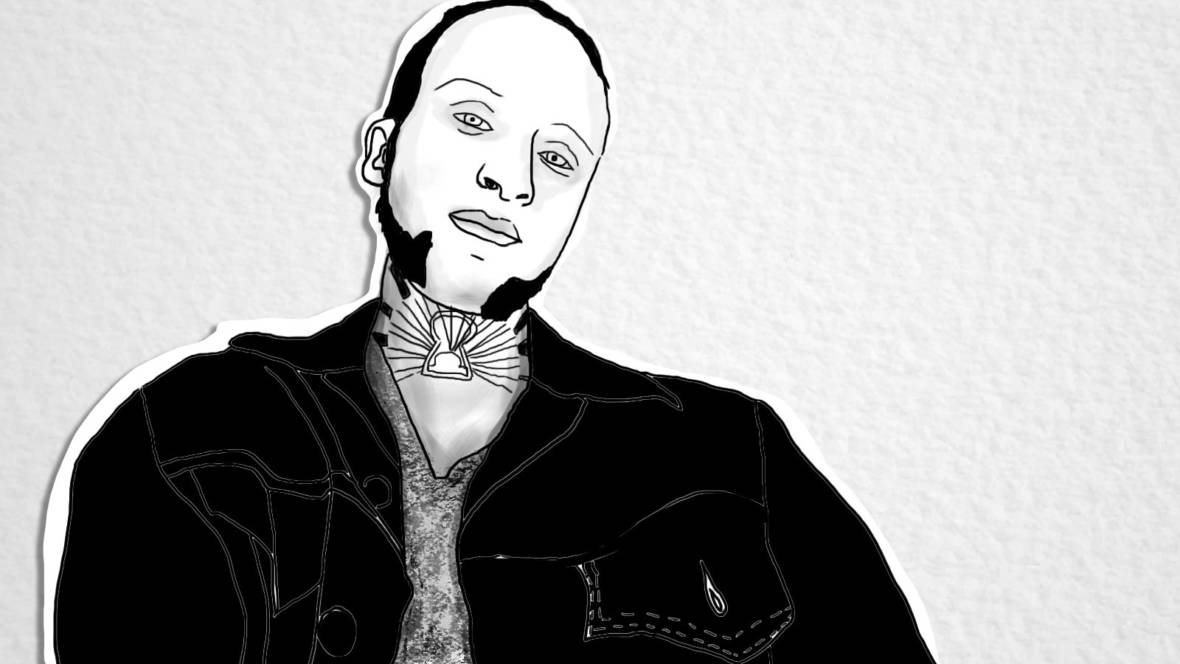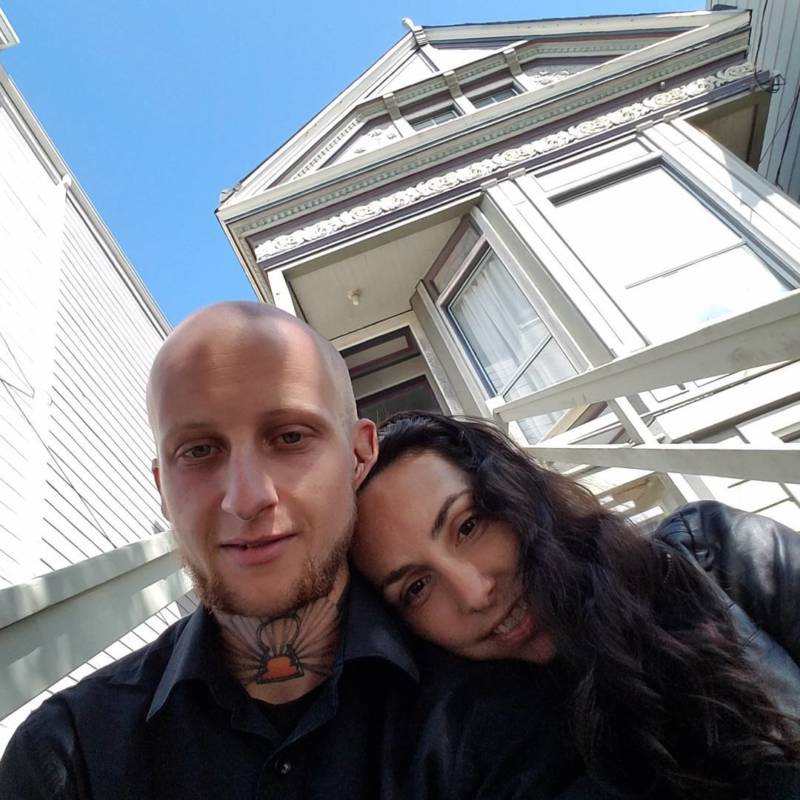I considered Micah Danemayer a friend, even though relative to others, I didn’t know him well. I’d see him out and about, mostly in Oakland, showing up to support his friends when they were performing. In particular, I loved his social media presence, where he was unabashedly unguarded. While many carefully curate their lives online, building an idealized version of themselves — a “personal brand” — Micah took the opposite tack, sharing his innermost thoughts and feelings without hesitation.
Years ago, when I first met him, Micah’s online musings were uncertain, tentative; he neither knew where he fit in nor what to do about it. But over time, I noticed a distinct shift in the tenor of what Micah shared online. This past year, he had found his place with his friends and peers — his “mutant family,” he called them, with adoration and love.

For more than a year before the fire, Micah had devoted himself to tirelessly building community: hosting an event series called Obscura Machina, showcasing rising experimental musicians, and launching his own cassette-tape label, Discarded Records. The label provided a platform for many of the artists he championed at his events. And he had found a loving partner — Jennifer Mendiola, a fellow lover of left-field music and a psychology Ph.D candidate at the University of California Merced. She, like Micah, was lost in the fire; the two of them had moved into an apartment together not long before.
But while Micah was here, the force of his dedication to his fellow artists, musicians, and creators made an outsize impact on numerous lives. “Micah’s tireless approach to highlighting under-represented underground musicians was unique,” says Fanciulla Gentile, a San Francisco artist who performs as The Creatrix and as part of the electronic duo Felidae. “He wasn’t shy or intimidated by the diversity of local performers. He’d ask anyone to be part of his shows — people of color, queers, trans people, non-binary performers, lovers of noise and industrial sounds,” she says. Gentile says the billed names on Micah’s lineups were rarely recognizable, because he “was always working hard to encourage someone to play their first set, to keep performing. He would bring artists from different circles together and do away with arbitrary lines dividing music scenes and genres.”

Friend and fellow Oakland DJ Jason Polastri remembers Micah as someone who “didn’t seem scare-able by the things that often make people insecure about sharing their art.” More than that, he used his limitless energy not just to embolden others to act creatively, but also, Polastri says, “to actively make and build space for creative expression to take root and grow. He cared, even if others didn’t, and was never shy about letting on that he did. So many folks took that next step thanks to a push from Micah.”




